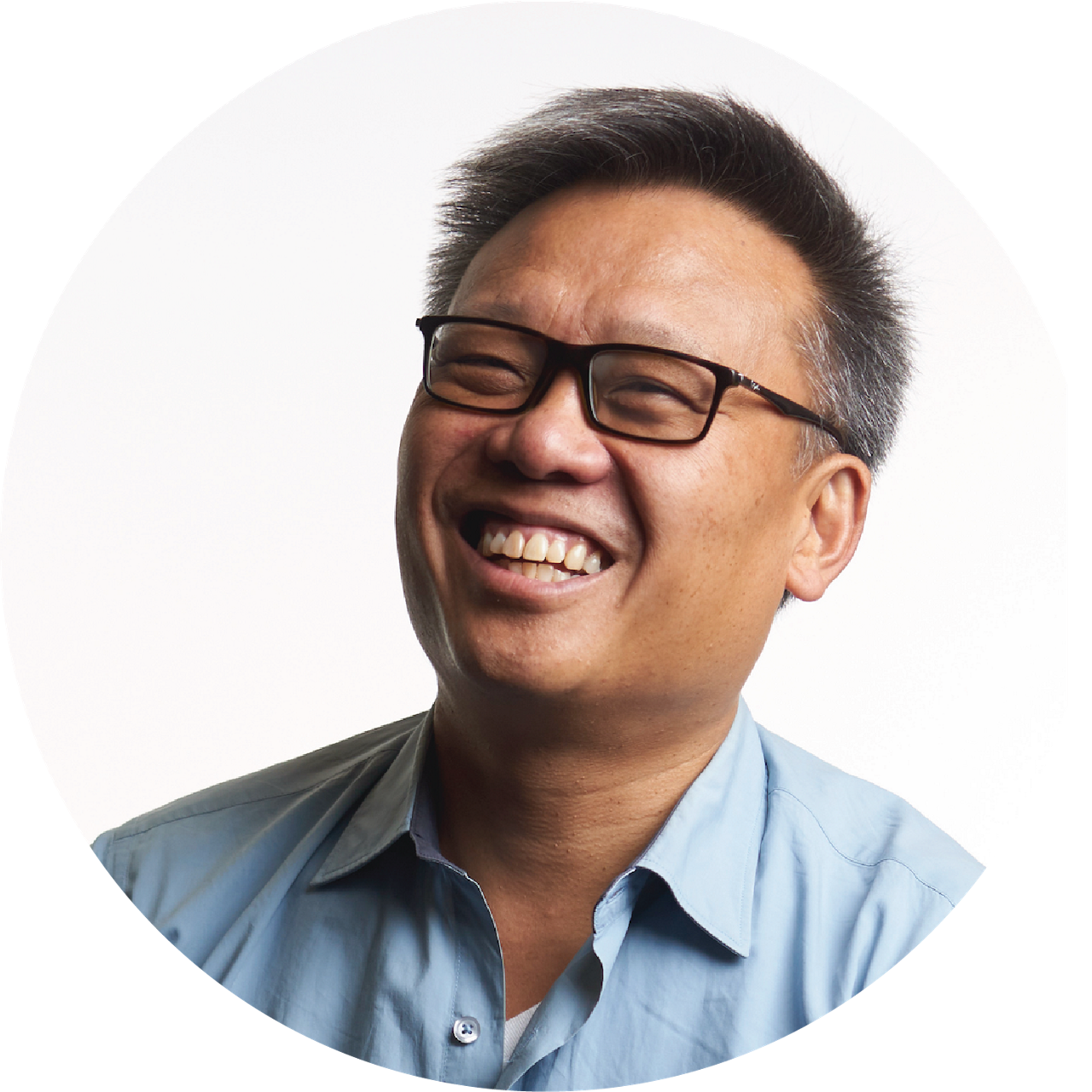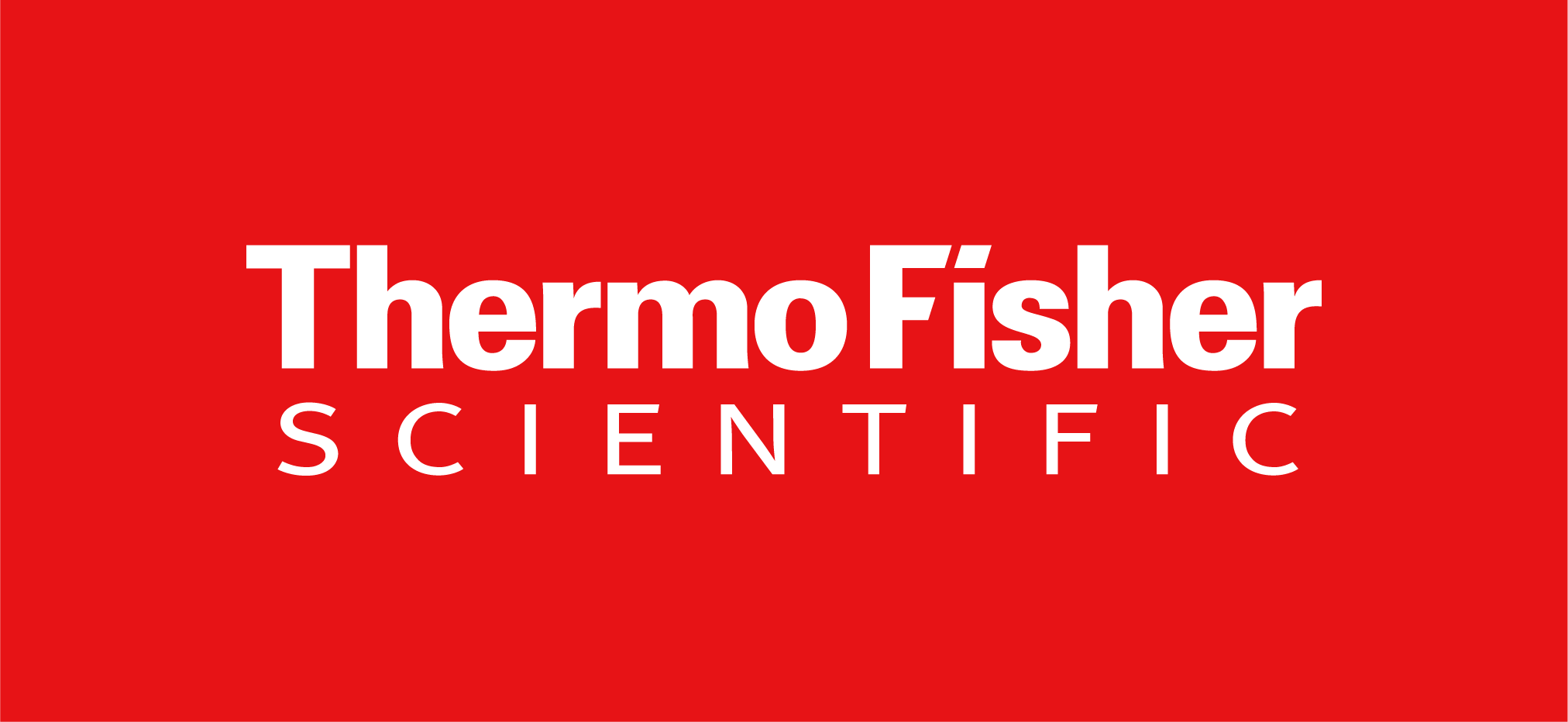
Video Highlight
Guest Profile

Dr. Wendell Lim
Professor of Cellular and Molecular Pharmacology at the University of California, San Francisco
University of California, San Francisco
Noteworthy: His research focuses on the basic biology of understanding cell signaling and how insights gained from cell signaling can lead to major breakthroughs in cell therapy, particularly in how we treat common cancers.
Where to find him: LimLab
Key Insights

Cell therapy is a promising field. Cell therapies can potentially transform medicine and treat some of the most severe diseases, like cancer. Wendell says, "That's one of the innate challenges here — how do you make something that's very controlled and specific and yet also very potent enough to really overcome the disease. And that's where we really think that cell therapies can be very powerful because cells can read different signals and then process that information almost, like I said, a little computer and then make very intelligent decisions but ones that are also still very potent in terms of killing the tumors."
There are many challenges in the cell therapy field. Even though the cell therapy field is powerful, it has its limitations. Wendell says, "There are many challenges that cell therapies face. There are many challenges we face in trying to overcome, say, solid cancers. But all of these are multifaceted problems. There isn't one solution, but they have different aspects when we think about cell therapies and make them a viable platform; not only do they have to be more effective, but also issues of how to manufacture them, make them more accessible and make them cheaper are major bottlenecks right now."
Cell therapies could potentially help treat many serious diseases. Cell therapies are not only promising for cancer treatment, but they could help fight other serious diseases. Wendell explains, "I think that engineering and developing cell therapies in cancer is really just the vanguard of a bigger movement. If we really understand how living cells work and can program them in specific new ways, this could have a huge impact on a lot of diseases that we are not very good at treating. These include things like autoimmune disease or fibrosis, cardiac or pulmonary fibrosis, as well as degenerative diseases."
Episode Highlights

What are cell therapies?
"I think what is really important is to first just make it clear that cell therapies are very different from any other kind of medicine that we've used in the past. Most of the medicines that we take are molecules that we inject or swallow as pills, et cetera," says Wendell. "And they will interact with our bodies and our cells, but they are not living entities. What we're doing in cell therapies is we're taking a living cell — for example, a cell that's part of your immune system — and reprogramming it with DNA so that it now does new things."
"So this is a living entity that we put back into the body, and then it actually moves around the body and can detect things and distinguish [them], recognize what is a signature of disease, and then once it gets there, it can execute fairly complicated programs that could, for example, a cancer cell."
The medical field is constantly advancing
"I think this is a really great example of where we are both learning more about ourselves and our bodies and how they work, and at the same time, that is really enabling revolutionary new medical advances. I think in the research community, we have very long timelines of trying to build up knowledge, and the horizon for applying it is often unclear," Wendell says.
"I think that what's really amazing about cell therapy — it takes knowledge that's really been built up and understands how living systems work at the molecular scale over the last many decades and really integrates them in a way where we have a very clear, almost moonshot challenge of how we actually put these ideas to work within the cell therapy."
Cell therapy development is a long process
"There's less opportunity to develop in the context of human patients’ novel, next-generation therapies that will open up new areas like solid cancers. And so the ability — what we really are hoping is that this will allow us to have more shots on goals to shorten the time between [the] development of an idea at the bench to being able to actually deploy it and test it in patients."
To learn more about our pharma services and cell therapy capabilities, click here or reach out to pharmaservices@thermofisher.com

